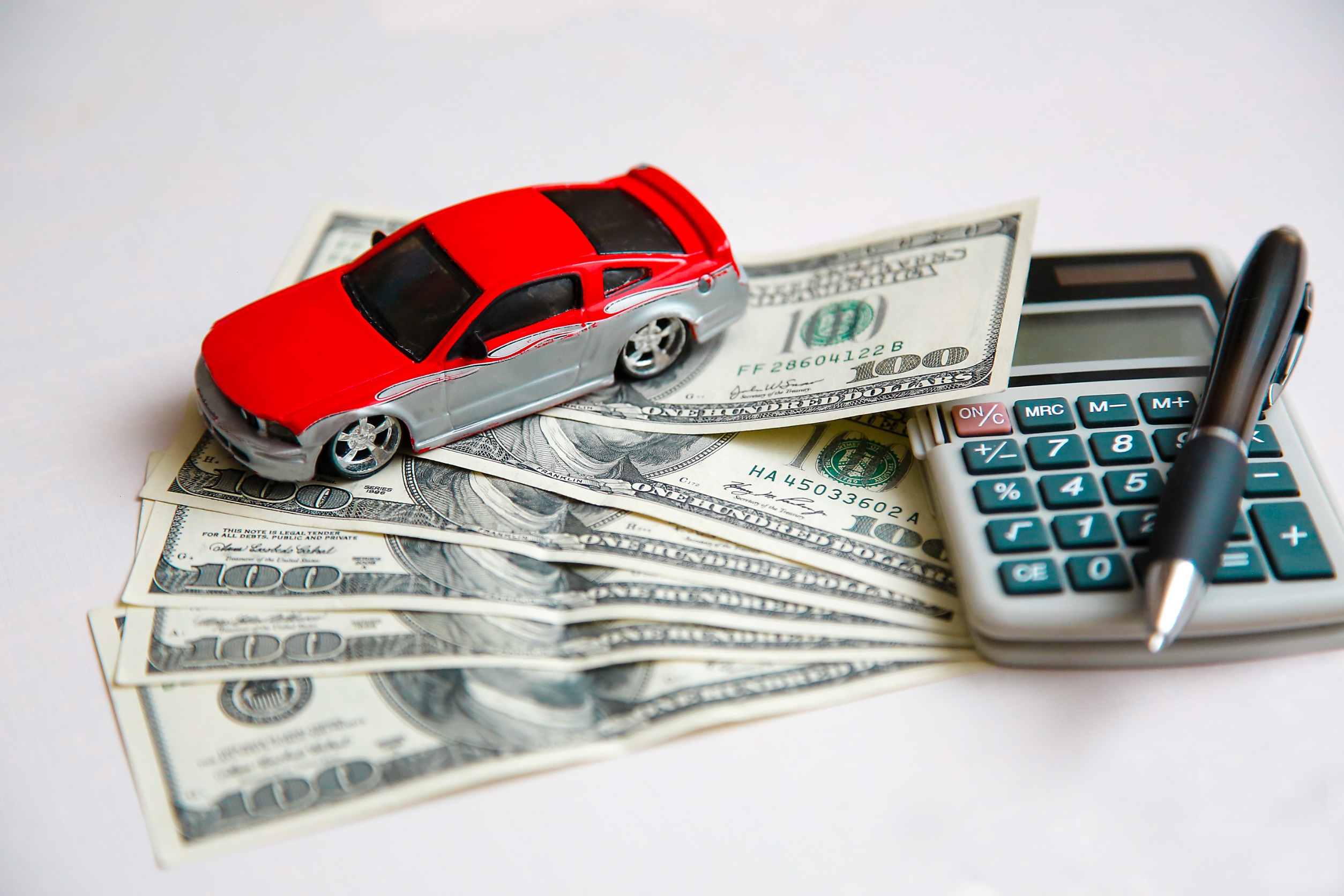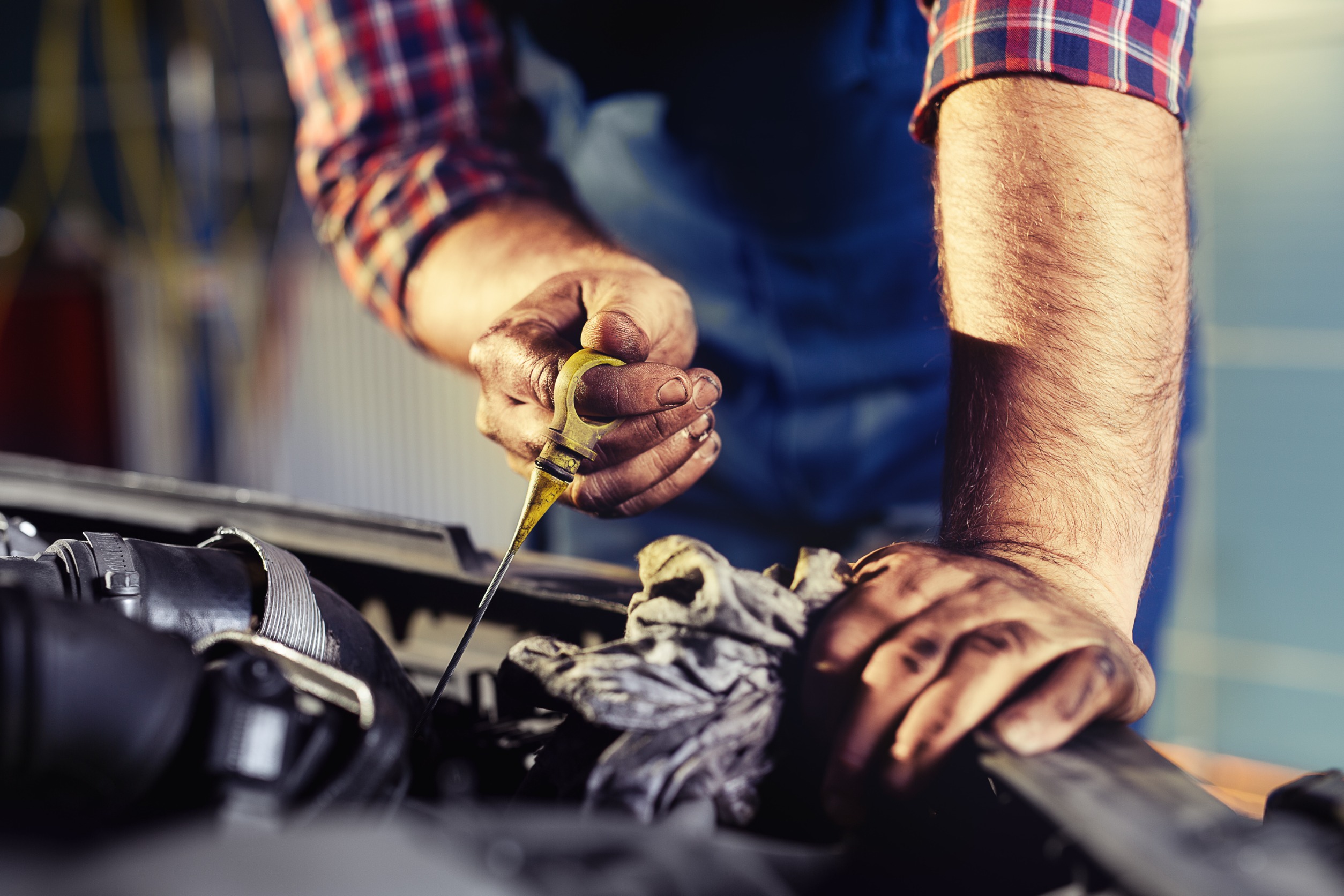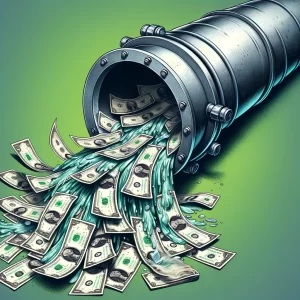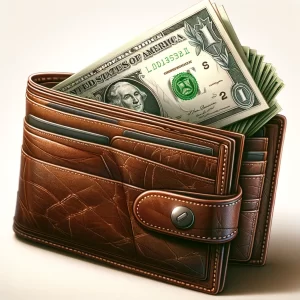Fast food is often a convenient option for a quick meal, but there are certain places where it’s better to avoid spending your hard-earned money on fast food. Whether due to health concerns, high prices, or simply poor quality, knowing where to skip the fast food can save you from wasting money on disappointing meals. With an increasing focus on health and budget-conscious living, it’s crucial to identify these locations. Here are seven places you should stop wasting money on food.
1. Tourist Traps
Fast food restaurants in popular tourist areas often charge higher prices for the same items you could find elsewhere. These establishments take advantage of the high foot traffic and limited dining options available to tourists. Food quality can also be subpar as these locations prioritize speed and volume over quality. Instead of wasting money on overpriced and mediocre fast food, seek local eateries offering a more authentic and affordable dining experience.
2. Airports
Airport fast food options are significantly more expensive than their counterparts outside. The convenience of grabbing a quick bite before a flight often comes at a premium, with inflated prices for basic menu items. Additionally, the quality and freshness of the food can be compromised due to the high turnover and the logistical challenges of airport catering. To avoid wasting money on overpriced and potentially lackluster meals, consider bringing snacks or dining before heading to the airport.
3. Gas Stations
While it might be tempting to grab a quick meal at a gas station fast food outlet during a road trip, these locations often offer low-quality options. The focus is typically on convenience rather than nutrition or taste, resulting in meals that may be greasy, stale, or lacking in flavor. Moreover, the limited selection at these spots can leave you with few healthy choices. Instead of wasting money on food that is unsatisfying, plan your stops at reputable restaurants along your route.
4. Sports Venues
Fast food at sports venues is notoriously overpriced, inflating prices to capitalize on the captive audience. The food quality often doesn’t match the high cost, leaving you with an expensive yet unsatisfying meal. Additionally, the limited options available at these venues can mean sacrificing nutritional value for convenience. Avoid wasting money on overpriced fast food at sports events by eating beforehand or bringing your own snacks if allowed.
5. Amusement Parks
Fast food in amusement parks can be shockingly expensive, with prices reflecting the high demand and exclusive access. Plus, inflation and other factors are pushing prices up even more. The quality often falls short as well, with food that may be pre-made and reheated rather than freshly prepared. The combination of high prices and mediocre quality makes amusement park fast food a poor investment. To save money and enjoy better meals, consider packing your own food or leaving the park for meals if possible.
6. Highway Rest Stops
Highway rest stops often feature fast food outlets that cater to travelers looking for a quick bite. However, these locations typically offer overpriced and uninspired menu options. The convenience comes at the cost of quality and value, with meals that are often less satisfying than those from standalone restaurants. Instead of wasting money on highway rest stop fast food, plan your stops at well-reviewed local diners or restaurants just off the highway.
7. Train Stations
Similar to airports, train stations often feature fast food options that are both overpriced and of questionable quality. The convenience of grabbing a quick meal before boarding comes at a significant markup, with limited choices that may not meet your taste or nutritional standards. The rush to serve many passengers quickly can also impact the freshness and overall quality of the food. To avoid wasting money on subpar fast food at train stations, plan your meals ahead or explore dining options near the station.
Stay on Budget by Not Wasting Money on Fast Food!
Avoiding fast food in these seven places can help you save money and enjoy better meals. By being mindful of where you spend your money on food, you can make healthier and more satisfying choices. Whether traveling or enjoying a local outing, planning your meals and seeking out quality options can enhance your overall experience. Stay conscious of these common fast food pitfalls to avoid wasting money on disappointing meals.
Read More:
The Top 15 Unique Food and Drink Products That Are Taking Over Social Media
Fast Food or Fine Dining: 10 Unexpected Experiences of Eating Out
Catherine is a tech-savvy writer who has focused on the personal finance space for more than eight years. She has a Bachelor’s in Information Technology and enjoys showcasing how tech can simplify everyday personal finance tasks like budgeting, spending tracking, and planning for the future. Additionally, she’s explored the ins and outs of the world of side hustles and loves to share what she’s learned along the way. When she’s not working, you can find her relaxing at home in the Pacific Northwest with her two cats or enjoying a cup of coffee at her neighborhood cafe.



















